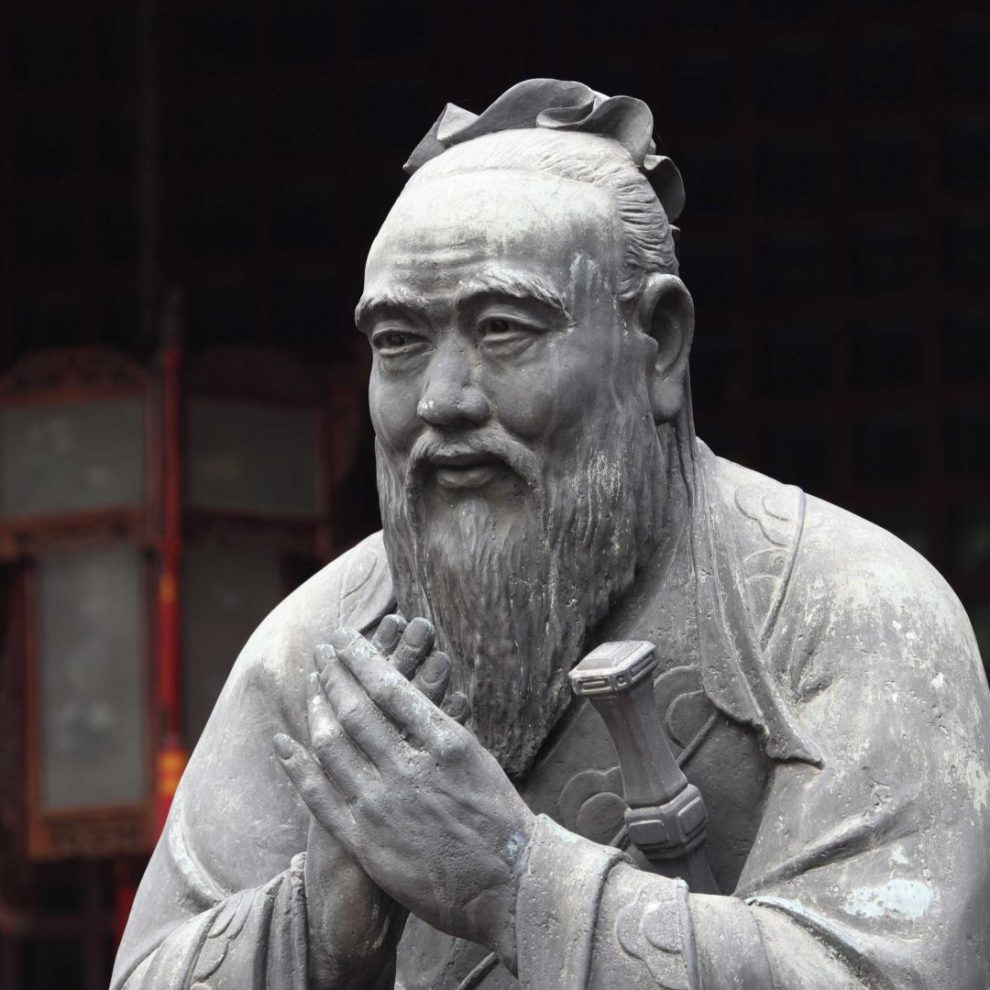Confucius, also known as Kong Zi or Kong Qiu, was a Chinese philosopher and teacher who lived during the Spring and Autumn period of ancient China. He is widely considered one of the most influential thinkers in Chinese history and his teachings continue to have a profound impact on Chinese culture and society to this day.
Confucius was born in 551 BCE in the state of Lu, which is present-day Shandong province in China. Although not much is known about his early life, he is believed to have come from a modest background. He dedicated his life to the pursuit of knowledge and moral virtue, and he became renowned for his wisdom and ethical teachings.
Confucius emphasized the importance of moral values, social harmony, and personal cultivation. He believed that individuals should strive to become morally upright and virtuous in order to contribute to the well-being of society. He emphasized the concept of “ren,” which can be translated as humaneness or benevolence. Ren entails treating others with compassion, respect, and kindness.
One of Confucius’ most significant contributions is his collection of teachings known as the Analects. These texts consist of conversations and dialogues between Confucius and his disciples, as well as discussions on various topics such as morality, education, and governance. The Analects serve as a guide for personal conduct and have been studied and revered by generations of scholars and students.
Confucius placed great importance on education and the pursuit of knowledge. He believed that education was crucial for the development of individuals and society as a whole. He emphasized the study of history, literature, and moral principles as a means to cultivate one’s character and promote social harmony. Confucius advocated for a system of education that would be accessible to all, regardless of social status or background.
In addition to his teachings on morality and education, Confucius also provided guidance on governance and leadership. He believed that a good ruler should lead by example and govern with integrity and benevolence. Confucius emphasized the importance of ethical leadership and the responsibility of rulers to prioritize the well-being of their subjects.
Confucius’ teachings had a profound impact on Chinese society and influenced various aspects of Chinese culture, including politics, education, and social relationships. Confucianism, the philosophical and ethical system based on his teachings, became the dominant ideology in China for centuries and continues to influence Chinese thought and values.
Confucius’ emphasis on filial piety, respect for elders, and the importance of family also had a significant impact on Chinese society. These values continue to be deeply ingrained in Chinese culture, shaping family relationships, social interactions, and societal norms.
In conclusion, Confucius was a visionary philosopher who made lasting contributions to Chinese philosophy, ethics, and education. His emphasis on moral values, personal cultivation, and social harmony continues to resonate with people around the world. Confucius’ teachings have had a profound and enduring impact on Chinese society and his influence can still be felt in various aspects of Chinese culture today



















Add Comment